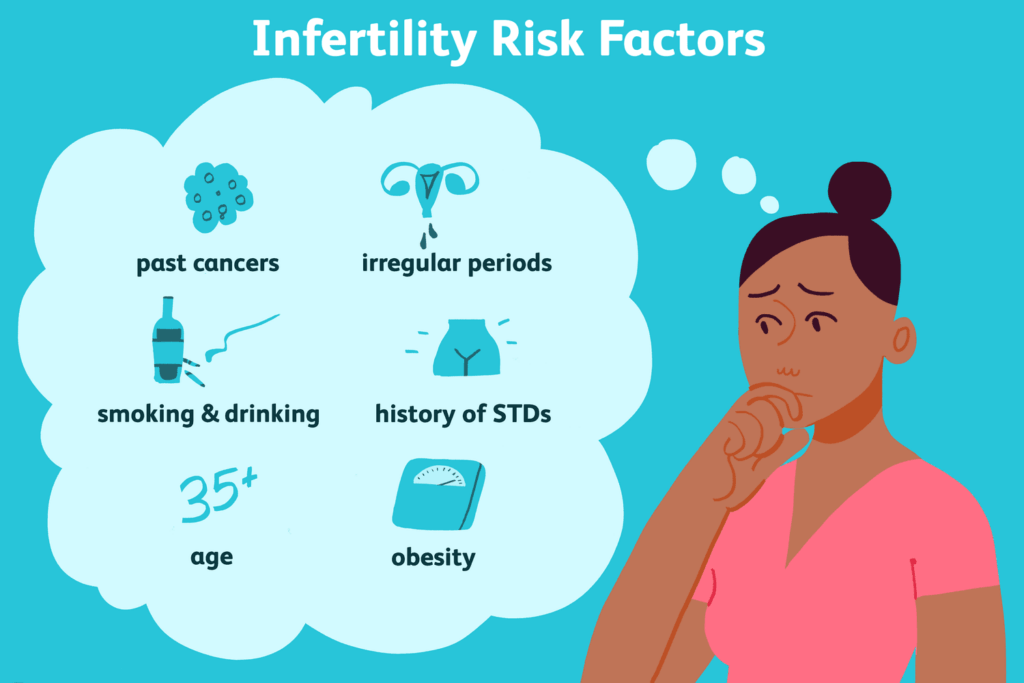
Infertility is more common than many people realize—about 1 in 6 couples face fertility challenges. If you’re wondering, “Am I infertile?” or “Should I get tested for fertility issues?”, recognizing the signs early can help you take the right steps.
If you’re experiencing any of the symptoms mentioned above, or if you’ve been trying to conceive for more than a year without success (or six months if you’re over 35), it might be time to consider fertility testing. These tests can help identify potential barriers to conception and guide your treatment options.
Common fertility tests for women:
For men:
Facing fertility challenges can feel isolating, but support is available. At Reproductive Partners Fertility Center San Diego (RPSD), we provide personalized fertility assessments and treatments to help you build the family you dream of.
Ready to take the next step? Contact us today to schedule a consultation and learn more about fertility testing options. Together, we’ll work towards your healthy future family.
Our skilled fertility specialists are here to help. Contact us today and let’s discuss the next phase of your fertility journey.
Our skilled fertility specialists are here to help. Contact us today and let’s discuss the next phase of your fertility journey.